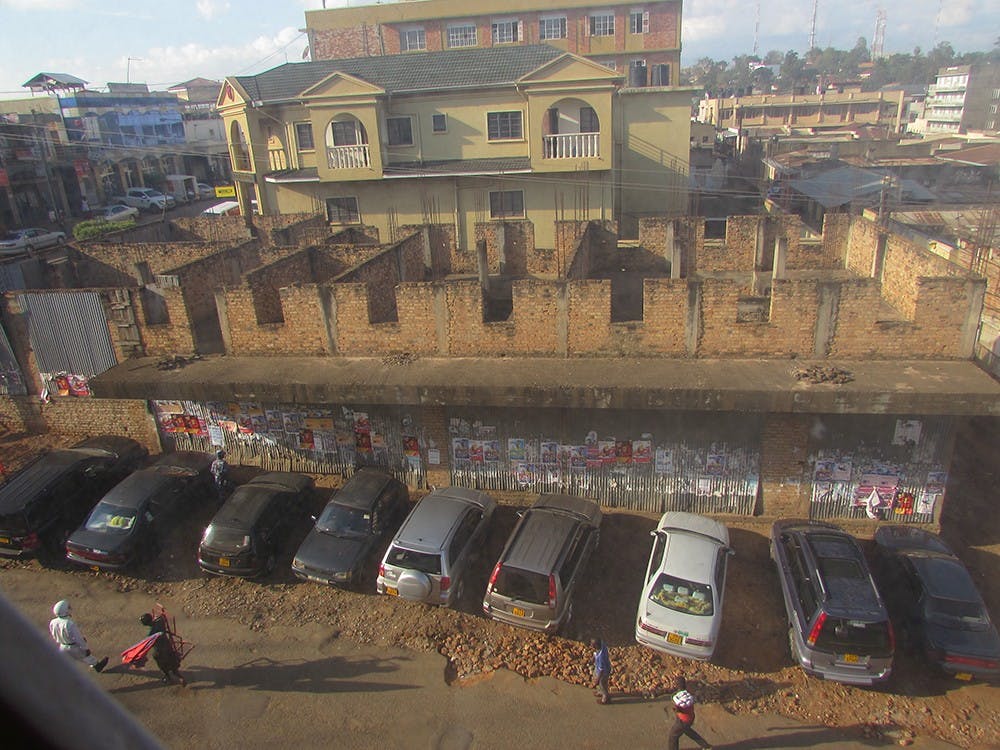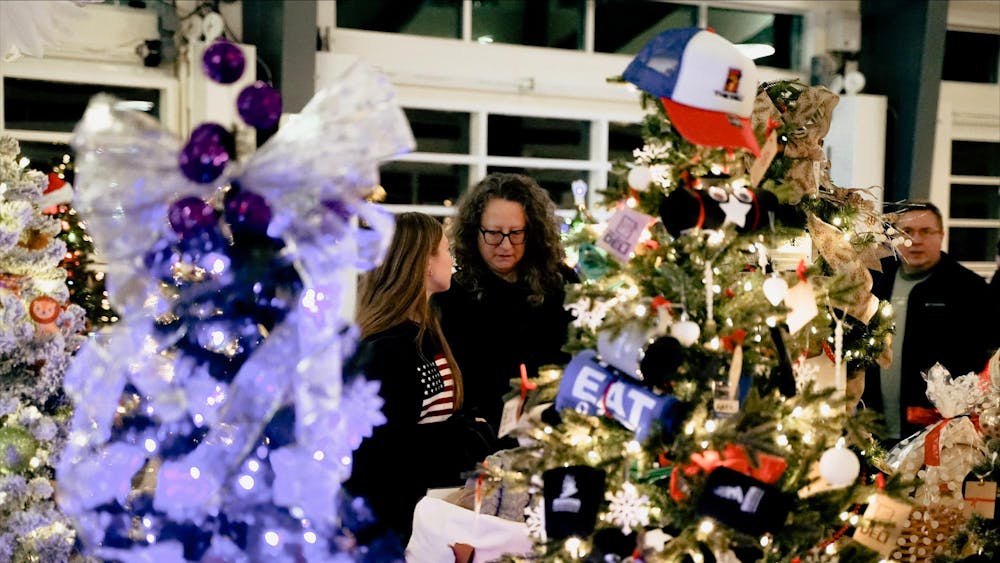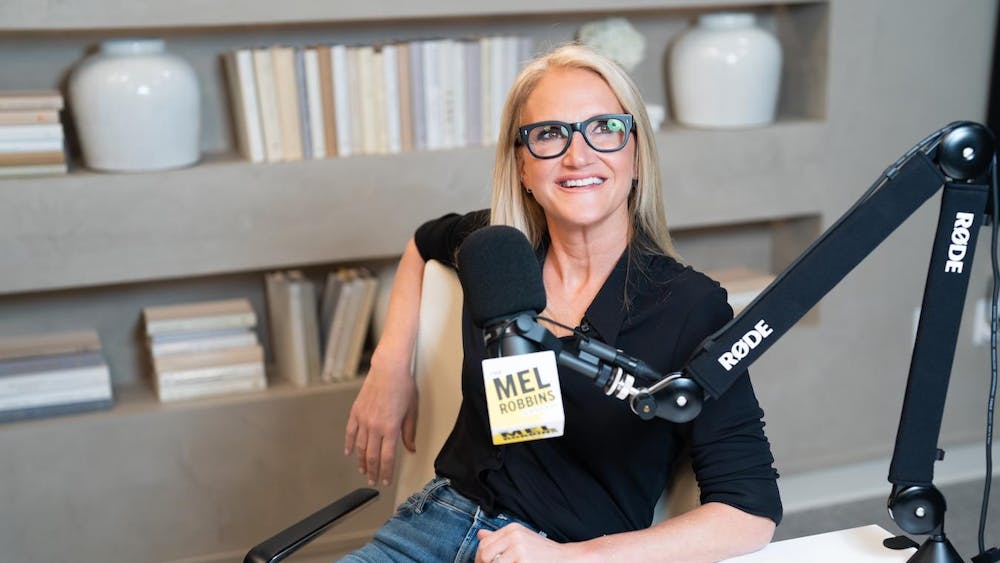“Paved roads! We can’t believe you have paved roads!”
So exclaimed a Uganda study abroad group visiting Kigali — our turf.
Partly to visit another post-conflict environment and partly due to the need to get out of the country to accommodate our 90-day visas, my Rwanda group switched places with a Uganda study abroad group.
It’s how I found myself out of my beloved Kigali and into slightly rougher Gulu, Uganda for two weeks.
For the other group, having trekked on Gulu’s dirt streets for the past month, the luxury of paved roads to them was unexpected and much more luxurious than it should have been.
The most important thing for students to remember when considering study abroad is that you will change. Especially if you are considering study abroad in an unconventional place, you will change a lot.
Your expectations for what you need in order to get by will be different. Not lower, just different. You might start thinking that paved roads are a luxury but also a lot of other things you never had to think about.
In terms of everyday life, you have to make some choices: ice cold bucket shower or just letting it go another day? Leave it until tomorrow. No one can tell.
Abandon the mosquito net because you’re feeling a little claustrophobic tonight? Keep it. Malaria is something I won’t risk.
Peeing in a hole? I welcome the challenge.
If there’s one thing I’ve learned during this trip, though, it’s that you can’t judge the soul of a city based on its amenities. Indoor plumbing and air conditioning do not a city make.
Experiencing these small deviations from American society are all part of the adventure.
When I was having dinner at an Ethiopian restaurant in Gulu the other night, the electricity for half the city went out. It would have been fine if I hadn’t been in the bathroom at the time which, let’s be honest, was actually just a hole.
Finding my way out of the dark bathroom and tripping over a cat doesn’t sound very fun, but it kind of was, in a weird way.
For us temporary expats, our time abroad is precious and fleeting. I don’t have time to whine about mosquito nets or peeing in a hole, nor do I have the ?desire.
Who decided that working toilets define a society? You can’t judge a city based on that. It’s probably one of the biggest reasons most people don’t study abroad in places like Rwanda or Uganda.
The idea of non-Western amenities is frightening when it really shouldn’t be.
Personally, I’d make the tradeoff any day if it meant I could see baboons chilling on the side of the road like I did when I entered northern Uganda.
Or if it meant I got to meet some of the friendliest people who are legitimately interested in our differences, not to mention ones who make excellent capatti.
Kigali and Gulu are both post-conflict environments in a conflict-prone part of the world.
They’re also developing cities, ones commonly written off as volunteer destinations rather than cities you actually experience. I’m living in Kigali and visiting Gulu to study post-conflict, but there’s a lot more to both places.
The soul of a city goes beyond the obvious things. I’ve found a home in these strange places.






